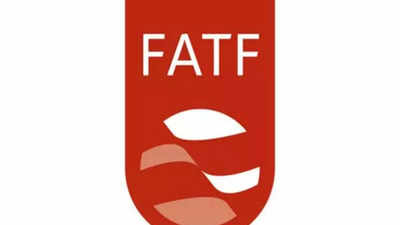
The Financial Action Task Force (
FATF
) has significantly changed its criteria for placing countries on its lists. These changes aim to alleviate the burden on least developed countries while focusing on nations that pose greater threats to the global
financial system
.
The FATF collaborates with countries that have strategic deficiencies in their anti-money laundering, counter-terrorist financing, and counter-proliferation financing systems.
Through a peer-led process, the FATF and relevant FATF-style Regional Bodies work with these nations to address the loopholes that facilitate illegal financial flows. These flows fuel devastating crimes such as human trafficking, child sexual exploitation, and acts of terror designed to cause death and suffering, according to the statement released by FATF.
Least developed countries are most severely affected by the impact of
illicit financial flows
, which hinder sustainable development. Billions of dollars are diverted annually from essential public goods like education and health due to proceeds of crimes such as tax evasion, corruption, and organized crime. Depriving criminals of their ill-gotten gains is essential to help these countries build strong economies and societies.
The FATF's changes will ensure that the listing process better targets countries posing the greatest risk to the international financial system and provides more adequate support to low-capacity countries.
Under the revised criteria, jurisdictions will be prioritized for active review if they meet the referral criteria and are:
- An FATF Member;
- A country on the World Bank High-Income Countries list (excluding those with a financial sector of two or fewer banks); or
- A country that has financial sector assets above USD 10 billion (measured by broad money). Least developed countries, as defined by the United Nations, will not be prioritized for active review unless the FATF agrees that they pose a significant money laundering, terrorist financing, or proliferation financing risk. In such cases, least developed countries entering the review process may be granted a longer observation period of two years to work on progress against their Key Recommended Action roadmap.
These changes will be applied in the next round of assessments, and the FATF anticipates that these reforms could potentially reduce the number of low-capacity countries being listed in the upcoming assessment cycle by half.
The nations on the FATF grey list are - Bulgaria, Burkina Faso, Cameroon, Croatia, Congo, Haiti, Kenya, Mali, Monaco, Mozambique, Namibia, Nigeria, Philippines, Senegal, South Africa, South Sudan, Syria, Tanzania, Venezuela, Vietnam and Yemen.

 1 month ago
14
1 month ago
14










 English (US) ·
English (US) ·